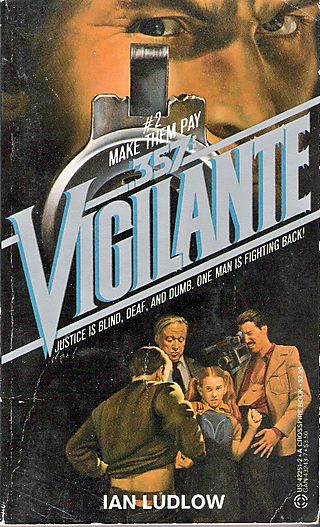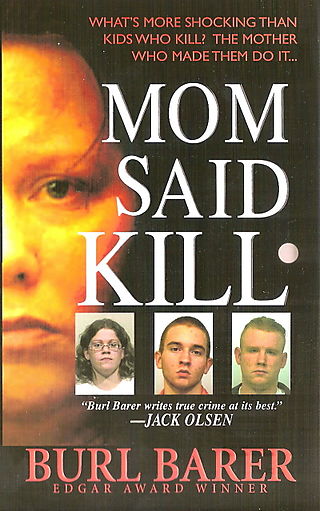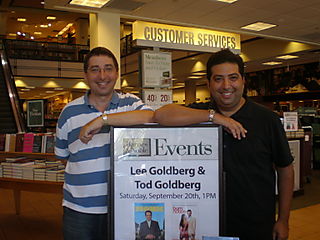The folks at Affaire de Coeur are blogging about the controversy I sparked by rejecting their positive review of my book and outing the unethical conduct at the magazine . They write:
I don’t know whether I like this blogging business. It seems that
anyone can say anything they feel like, whether it has an iota of truth
in it or not. And, if you have something to say, say it, but please own
it. What I’m finding, however, is some of the people who write on blogs
use noms des plumes because they don’t want anyone to know who they
are. I have to ask: How valid is a person’s comment if they’re not
willing to stand behind it.
For those of you who don’t know what I’m talking about, AdC was
attacked by a writer on his blog. Lee Goldberg accused AdC of selling
reviews and ratings vis a vis ads. He, himself, had received a five
star review from us, and neither he nor his publisher has ever taken
out an ad with us. He didn’t bother to explain this inconsistency.
I didn't say that all the reviews in AdC were bought…or that Penguin bought the rave review that the magazine gave me. What I said is that reviews and editorial content at AdC are for sale…and the price is an ad. This is from Affaire de Coeur's ad pitch:
To compliment your ad and review we also offer interviews or articles.
If you would like an interview let us know 3 months in advance so it
will go in the same issue as your review and ad.[…]Book cover ad.–This is the cover of the book that goes right beside (or above or below) the AdC review of your book.[…]We do not review books after publication unless it is done in association with an ad.
It doesn't get much clearer than that. I also accused the magazine of a blatant conflict of interest. The facts speak for themselves:
Light Sword founder Linda Daly’s DOVES MIGRATION and REBEL DOVES both
got four star reviews, one from “Lettetia Elasser” and the other from
“Inez Daylong” . Linda also got a cover story. That sort of coverage is
hardly a surprise given that Linda’s partner Bonny Kirby, vp of sales and promotion
for Light Sword, is also Affaire de Coeur's advertising director (and a reviewer for the magazine). This conflict of interest was, of course, not disclosed to readers.
Patricia Guthrie’s book IN THE ARMS OF THE ENEMY was reviewed by
“Kimberly Swan,” who gave it five stars and made it a Reviewer’s Pick.
“Kimberly Swan” gave CJ Parker’s FUGUE MACABRE: GHOST DANCE four and a half stars.
And “Lettetia Elasser” gave Alexey Braguine’s KINGMAKER three-and-half stars.
So most Light Sword titles get four stars or better from ADC…only KINGMAKER got slightly less. But the favorable treatment doesn't end there. That's just the beginning.
A reader emailed me jpegs of four Affair de
Coeur covers in a row. Lightsword co-owner Linda Daly and/or Lightsword
authors were on three out of four of them.
Sept/Oct 2007 – The cover features the jacket of Lightsword author CJ Parker’s FUGUE MACABRE and a photo of Linda Daly.
Nov/Dec. 2007 – There’s another photo of Linda Daly on the cover.
March/April 2008 – Linda Daly IS the cover story and so is her book Lightsword book DOVES MIGRATION.
But I am sure all of this attention for Linda Daly, and the rave
reviews for Lightsword Books (four out of five of them got four stars
or better), had nothing whatsoever to do with the fact that
Bonny Kirby, the co-owner of Lightsword Publishing, is also the vp of
advertising and a critic for Affaire de Coeur. No sir. It’s just one of those happy coincidences when good things happen to good people.
It's clear that Bonny Kirby engaged in an unethical conflict-of-interest. But the ultimate
responsibility for all of this mess rests not with Kirby but with Sneed, who
is the publisher. She clearly has no respect whatsoever for her readers
or the journalistic integrity of her magazine. If she did, she would
have fired Kirby by now, issued an apology to her readers, and
instituted reforms to make sure such a blatant and unethical
conflict-of-interest never occurs at her magazine again. Instead, she misses the point…or pretends to:
To put this issue to bed, I ended up writing an editorial. I also did a
side bar on how we review for those who want fact rather than hearsay
and innuendo. Finally, I have a spreadsheet on the correlation between
ads and the number of stars a review received. (There is none). So
maybe read the editorial and the sidebar and scan the spreadsheet and
then, if you still have questions about how we review, shoot!
I'd love to read this editorial, and the rationalizations it contains for unethical behavior, but I can't find Affaire De Coeur on any newstands. So if you have a copy, please send it to me at PO Box 8212, Calabasas, CA 91372





